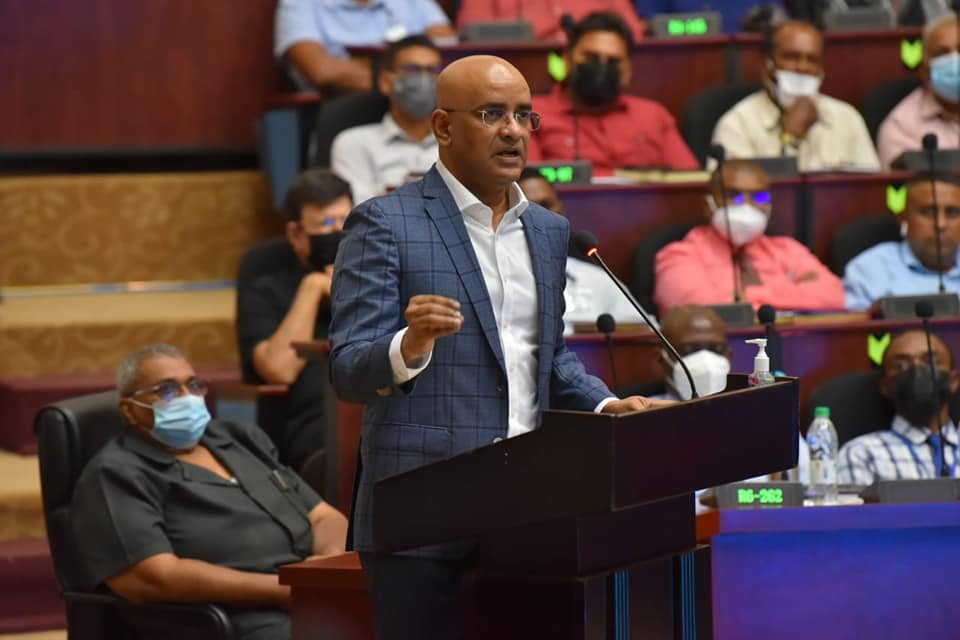While Guyana’s Petroleum Activities Bill 2023 vests significant powers of administration for the oil sector in its Natural Resources Minister, those duties would migrate to a Petroleum Commission at the appropriate time. This was recently underscored by the country’s Vice President, Dr. Bharrat Jagdeo.
The chief policymaker for the oil industry was also keen to note that in cases where it matters, the minister would not be allowed to abuse his powers as he would have to receive guidance and approval from Cabinet.
“The minister has to act in accordance with the law and the law is clear about how he is to exercise his power…in most cases where it matters, he has to do so with the approval of Cabinet so he cannot, unlike the old legislation, do it on his own. It now requires collective scrutiny of the documents and the exercise of his power,” the Vice President noted at a recent press briefing.
The official also assured that “there shall be a Petroleum Commission at the appropriate time.” He recalled that during the parliamentary debates on the Bill, the political opposition had raised several proposed amendments, one of which called for there to be an independent commission to provide sectoral oversight and insulate the industry from undue political interference. Jagdeo said the government did not agree with the amendments as they were presented in a “half-baked” fashion and only provided to the House for consideration on the eve of the sitting. However, the government only tabled the updated Bill one week before the debates were held.
Be that as it may, the Vice President said the House passed a modernised law that is comparable to most around the world, adding that it is not unorthodox for sectoral control to rest with the minister.
He further noted that this model was chosen to ensure there is smooth running of the oil industry.
The Petroleum Activities Bill which replaces the country’s Petroleum (Exploration and Production) Act of 1986 grants the minister extensive powers as he is now in charge of the licensing of petroleum exploration, development, production, transportation and storage operations, including the geological storage of carbon dioxide.
The new legislation also states that the minister can delegate some of his powers/duties to an agency or individual. He is also allowed to review and apply any variations he deems necessary to decisions made by his appointees.
Notably, the new law allows for Guyana to award oil blocks through competitive tender or direct negotiations. For the latter option, the law states that the minister can only act on the directions of the Cabinet which determines that special circumstances exist in the national interest or national security, justify the use of direct negotiations to grant a license.



